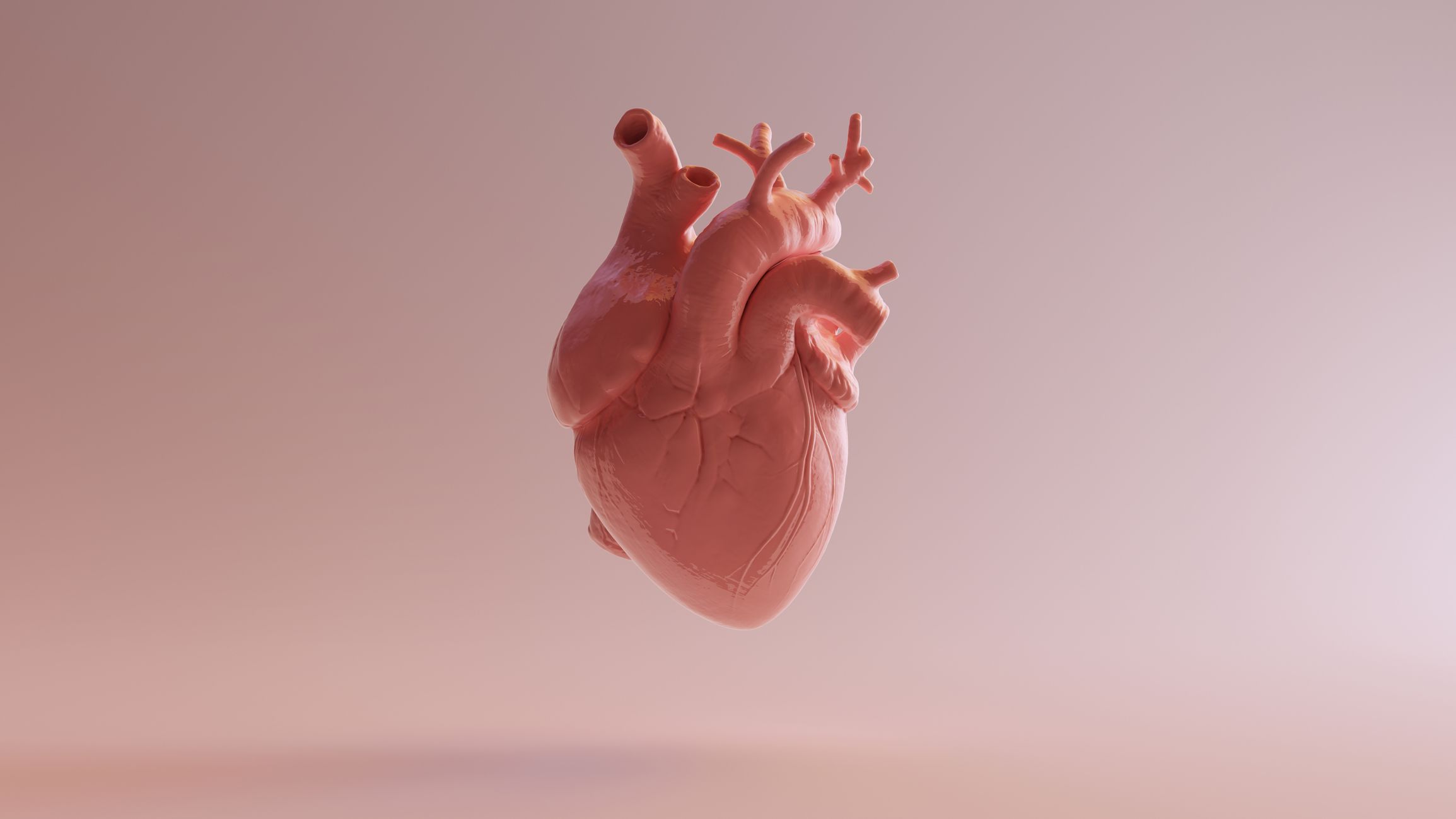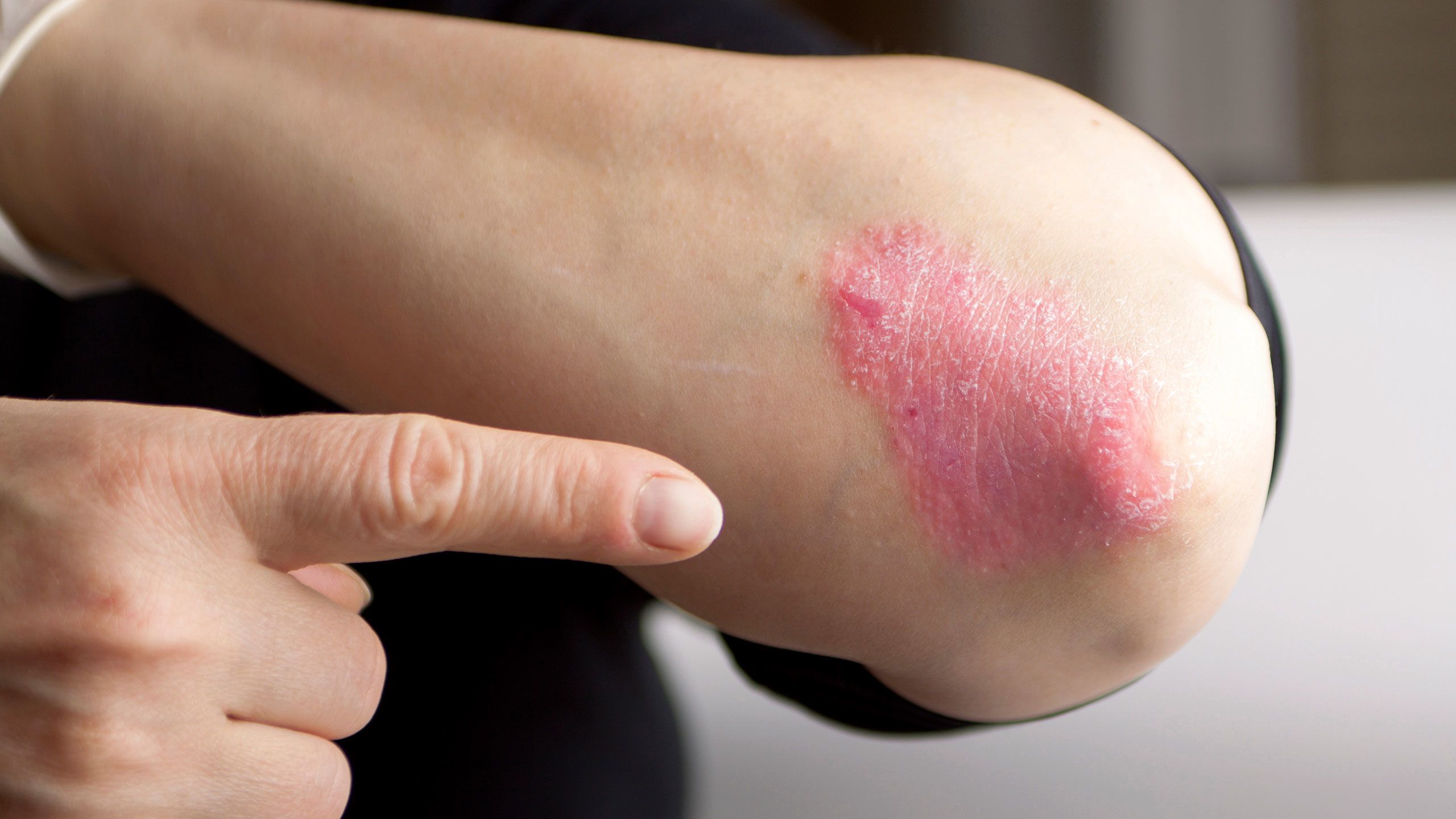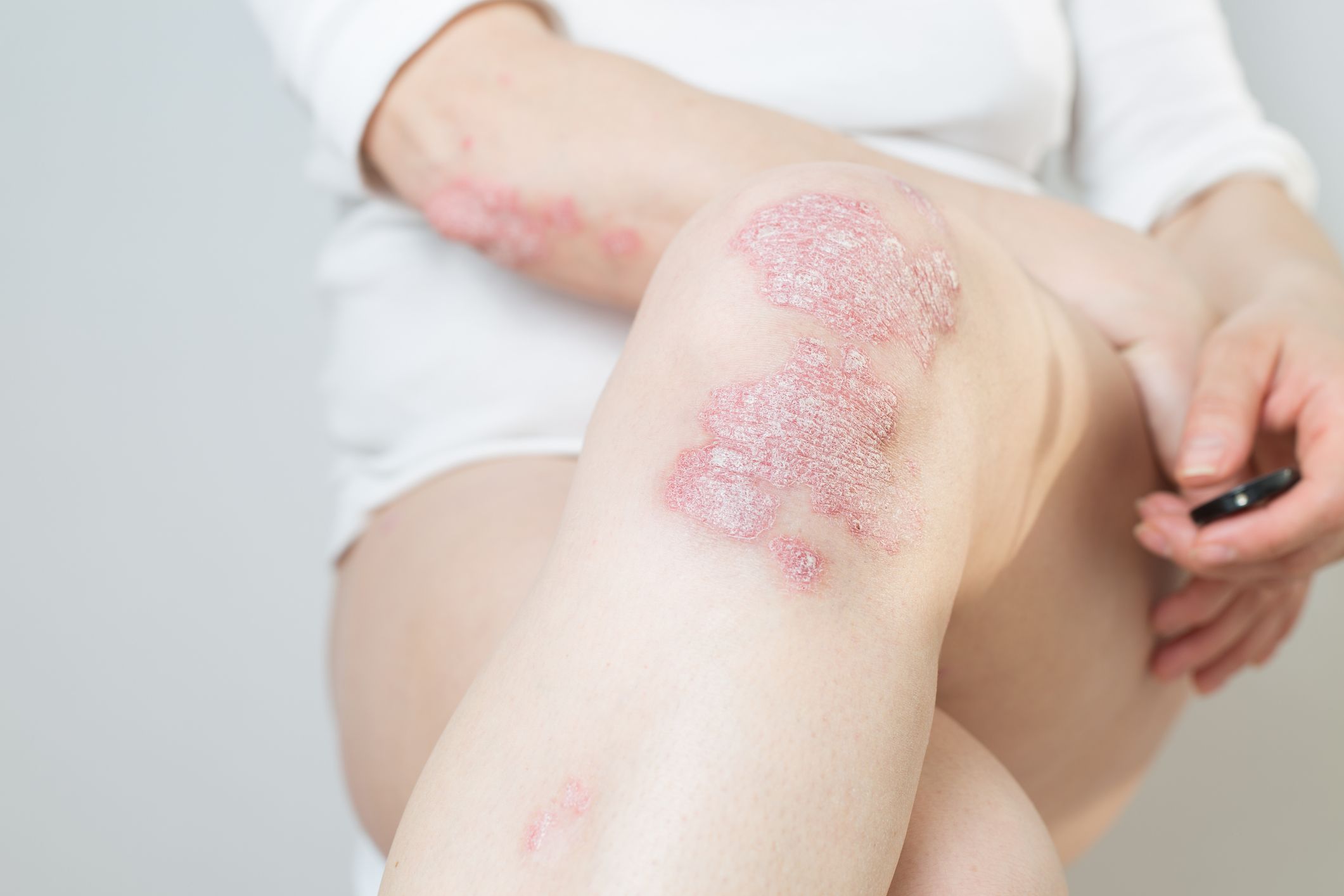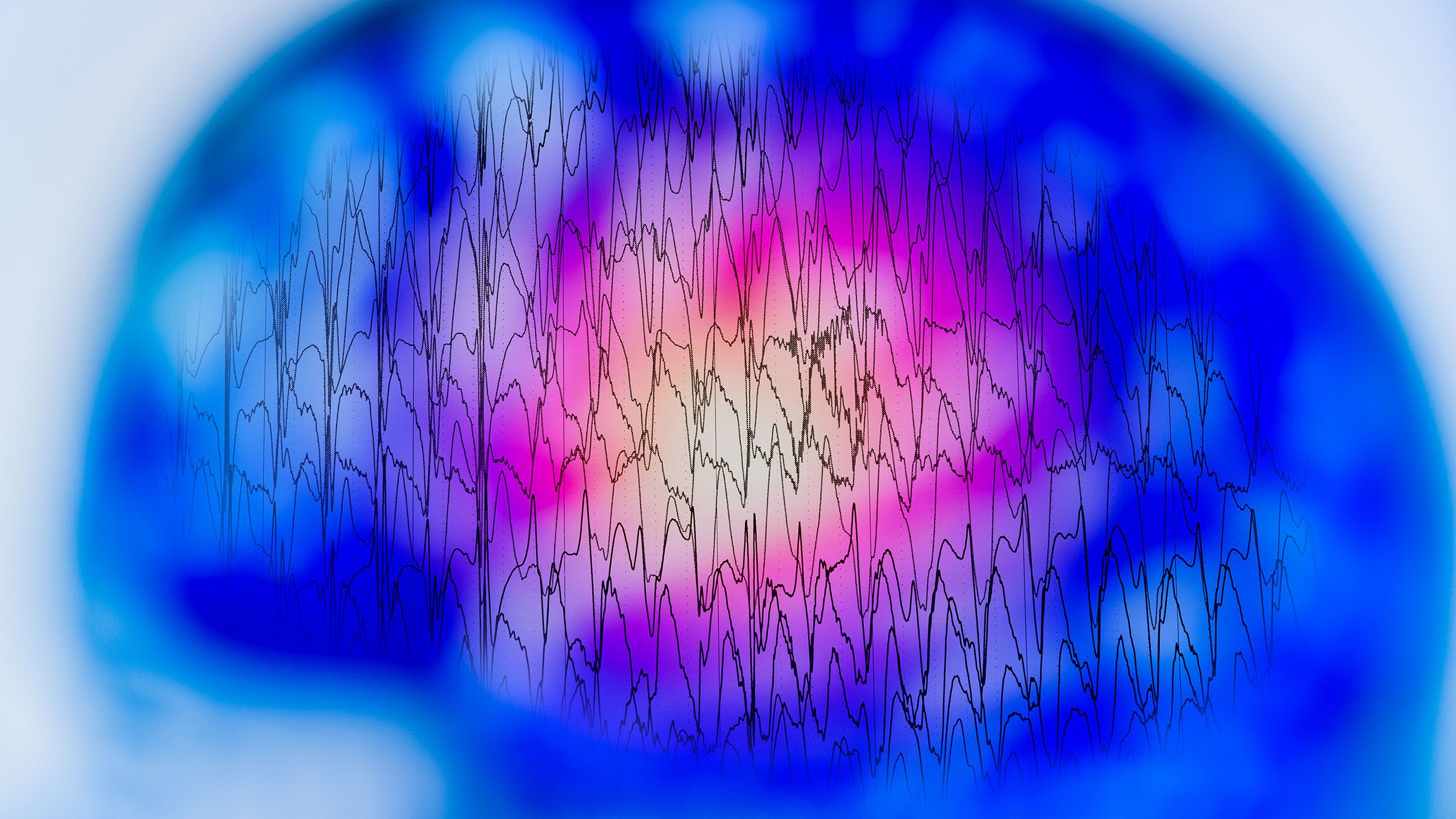Results for "ADHD"
Condition Education Centers (25)
- Strategies parents can use to help kids with ADHD at all ages, including counseling, medications, partnering with educators, and teaching healthy habits.
- Bipolar disorder (BPD) is a common mood disorder that affects millions. Symptoms can vary depending on the type of bipolar disorder a person has, but all types are characterized by changes in mood—people with bipolar disorder may experience episodes of depression, mania, or a mix of the two. BPD can severely impact a person’s quality of life, but treatment can help. Treatment typically involves medication and psychotherapy.
- A guide to finding the right treatment for bipolar disorder, including getting an accurate diagnosis, working with a therapist, and choosing a medication.
- Porphyrias are rare metabolic disorders that affect the skin, nerves and gastrointestinal tract, or sometimes all three. While porphyrias cannot be cured, there are effective diagnostic tests and effective treatments that can help patients manage these disorders. In this guide, learn about the symptoms of porphyria, what can trigger porphyria attacks, what healthcare providers you need to work with and resources where porphyria patients can find information and support.
- Bipolar disorder is a mental illness characterized by changes in mood—episodes of depression, mania, or a mix of the two. Learn about managing type 1 bipolar disorder with medication, therapy, and routines.
- Graves' disease is an autoimmune disorder where the body makes antibodies that attack and damage the thyroid gland. Learn about treating and managing this thyroid disorder.
- Immune thrombocytopenia (ITP) is a disorder where the immune system attacks and destroys platelets, small red blood cells that help blood clot and help the body stop bleeding when it is injured. ITP causes a person to have low levels of blood platelets, and can result in excessive bleeding and spontaneous bleeding. Learn about the symptoms and complications of ITP, treatments that can help normalize platelet counts, and precautions for living when platelet counts are low.
- Aortic stenosis is a disorder where the heart’s aortic valve becomes narrowed, making it more difficult for the heart to pump normally. It is a progressive condition and severe aortic stenosis can be fatal.
- Neurofibromatosis (NF) is a rare genetic disorder that causes nerve tumors. While benign in most cases, these tumors can cause a number of complications, including disability, learning difficulty, and chronic pain. NF affects newborns, children, teens, and adults of all ages. Learn about the types of NF, how NF is treated, and living with NF.
- Plaque psoriasis is the most common form of psoriasis. It is an inflammatory autoimmune disorder that causes plaques of red, itchy, scaled skin that can appear anywhere on the body, but most commonly appear on the knees, elbows, scalp, back and face. In this guide, learn about managing the symptoms, stigma and challenges of psoriasis through treatment and healthy everyday habits.
- Thyroid eye disease occurs when hyperthyroidism (also called Grave’s disease) affects the muscles and other tissues around the eyes. It can cause a number of symptoms including dry eyes, double vision, and eye bulging. In this guide, learn about living with thyroid disorders and treatment for thyroid eye disease.
- Tardive dyskinesia is an involuntary movement disorder that affects people taking antipsychotic medications.
- Schizophrenia is a mental health disorder that distorts and fragments a person’s ability to interpret reality. It is often a very challenging condition for both patients and caregivers. In this guide, learn about the symptoms and treatment of schizophrenia.
- Millions of people worldwide struggle with psoriasis, a chronic inflammatory skin disorder. Learn about biologic therapies for psoriasis, the questions you need to discuss with your healthcare provider, and strategies for coping with the physical and emotional impact of living with psoriasis.
- Friedreich ataxia (FRDA) is a genetic disorder that causes damage to the nervous system and heart. Learn about managing FRDA for individuals and caregivers, including treatment, appointment guides, and resources.
- Resources and information for people living with primary immunodeficiency (PI), a group more than 450 genetic disorders that impair the normal functioning of the immune system.
- Hemophilia A is the most common form of hemophilia, a disorder where the body does not make enough clotting factor. People with hemophilia A may experience bleeds or excessive bleeding when injured. In this guide, learn about the treatment and management of hemophilia.
- Resources for parents and caregivers of children and adolescents with achondroplasia. Learn how this genetic disorder affects the development of bones, managing health concerns caused by achondroplasia, and emerging therapies.
- Learn about the diagnosis and treatment of idiopathic hypersomnia, a rare but serious sleep disorder that causes excessive daytime sleepiness.
- Each year, roughly 150,000 Americans are diagnosed with epilepsy, a neurological disorder that causes seizures. Help us recognize Epilepsy Awareness Month in November, and join us as we explore what causes epilepsy, how epilepsy is treated and what neurologists want you to know about seizures.
- Huntington’s Disease is a neurodegenerative disorder that causes the breakdown and permanent loss of neurons (nerve cells) in the brain. This breakdown in neurons causes a person to experience involuntary and uncontrolled muscle movements, changes in personality, and problems with coordination, thinking, and memory. Symptoms become more severe as the disease progresses. In most cases, symptoms begin in a person’s 30s or 40s, and the juvenile form of the disease is less common.
- Learn about AADC deficiency, a rare genetic disorder that affects the nervous system and is sometimes confused with epilepsy.
- Navigate your journey with paroxysmal nocturnal hemoglobinuria (PNH) with a guide to the healthcare providers who treat rare blood disorders, questions to help you prepare for your appointments, and resources to help you better understand your diagnosis and your treatment options.
- Duchenne muscular dystrophy (DMD) is a genetic disorder that begins before the age of 6 and causes progressive loss of muscle strength and muscle mass. Learn about early signs and symptoms, treatment, and taking care of yourself when caring for a child with DMD.
- Congenital adrenal hyperplasia (CAH) is a group of genetic disorders that affect the adrenal glands, hormone-producing glands located on top of the kidneys. Classic CAH is the less common and generally more serious type of CAH. It is typically diagnosed with a blood test shortly after a person is born. Depending on the type of classic CAH a person has, the condition can affect normal growth and sexual development, and it can cause severe illness due to low levels of sodium.
























